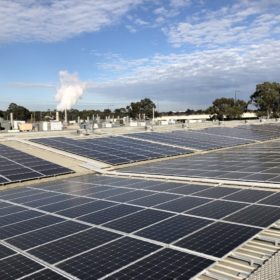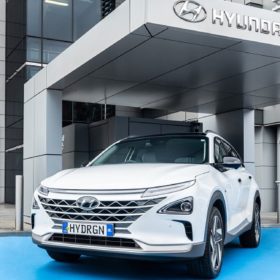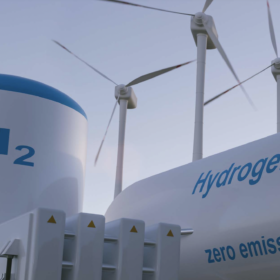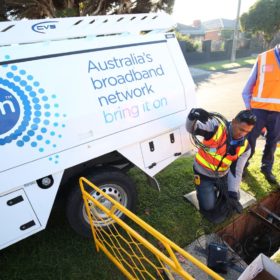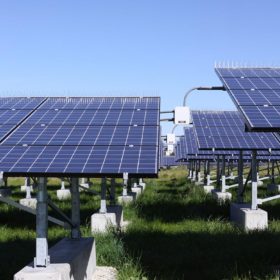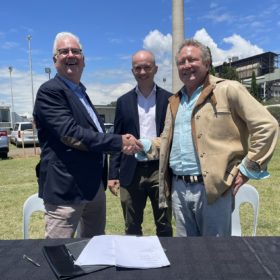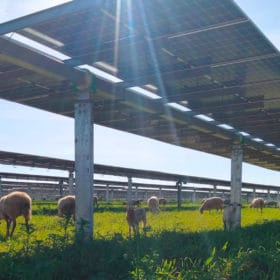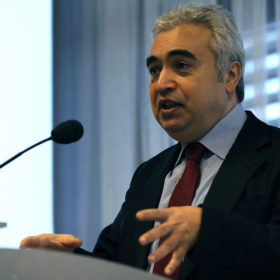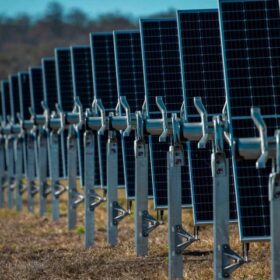PepsiCo Australia makes switch to 100% renewables with new PPAs
The Australian arm of United States-based multinational food and beverage corporation PepsiCo has made the switch to 100% renewable electricity after partnering with Engie and the owners of the 10 MW Northam Solar Farm in Western Australia’s wheatbelt region to access power purchase agreements.
European Commission suggests zero-emission building mandate for 2030
The proposed measure, which will now pass to the Council of Ministers and European Parliament for debate, would further the adoption of PV, according to SolarPower Europe, especially if the commission’s proposal it be applied to public sector structures from 2027 is adopted.
Hydrogen powered freight trains? Police cars? Queensland goes all out
The Queensland government will explore whether hydrogen fuel cells can be used for heavy freight trains, preceding that news with the launch of what is believed to be the first hydrogen powered police car in the southern hemisphere.
Hydrogen certification scheme trail launched by Commonwealth regulator
Australia’s Clean Energy Regulator will begin trials of its hydrogen Guarantee of Origin scheme. Backed by the Australian federal government, the scheme will aim to align with international standards and provide confidence to trading partners in the burgeoning industry.
Australia’s NBN to be 100% powered by renewables from 2025
Australia’s National Broadband Network Corporation, will be switching to 100% renewable electricity by the end of 2025, as part of the global RE100 renewable energy initiative. It is the first government business enterprise to join, according to RE100 Australia Coordinator, Jon Dee.
Grid stability and 100% renewables
New research from Stanford University professor Mark Jacobson seeks to remove any doubts about grid stability in a world powered entirely by renewable energy. The latest study models 100% wind water and solar powered grids across the United States, finding no risk of blackouts in any region and also broad benefits in cost reduction, job creation and land use.
Renewables critical as NEM prepares for Step Change
Large-scale renewable energy generators, including wind and solar PV farms will ramp up to 140 GW from the current 15 GW, more than doubling every decade to 2050 while rooftop solar is expected to increase from 15 GW to 70 GW over the same period as the “accelerating” transformation of Australia’s energy sector continues.
AGL links with Fortescue to flip NSW coal generators to green hydrogen
Two of Australia’s most prominent energy players, AGL Energy and Fortescue Future Industries, today announced plans to repurpose infrastructure at AGL’s Hunter Valley coal stations to turn them into green hydrogen hubs.
World’s largest renewables player granted retail license for Australia
Italian energy utility giant Enel Group has been granted a retail energy licence for Australia, with the company saying it will soon be one stop shop ‘greentailer’. Supported by its established Australian operations Enel X and Enel Green Power Australia, the new green energy retailer will first target commercial and industrial customers before expanding to residential customers.
Record solar numbers expected this year but IEA highlights pricing concern
The Paris-based body expects the world will have installed almost 160 GW of solar this year, a record number, but still not enough to keep the prospect of a net zero global economy by mid century in sight.
